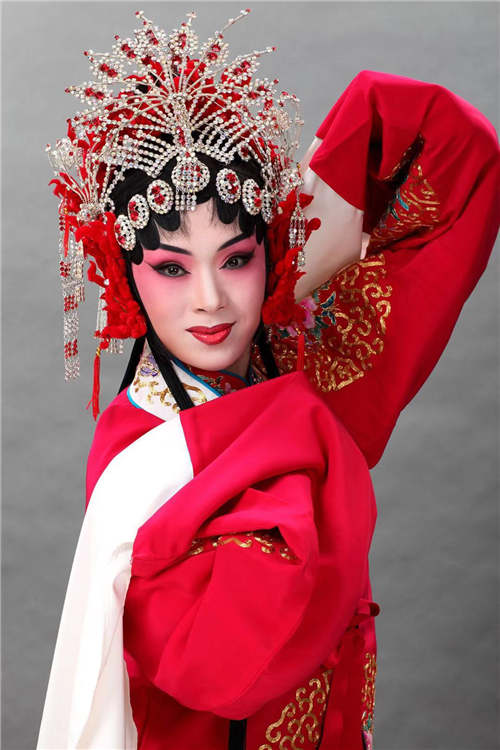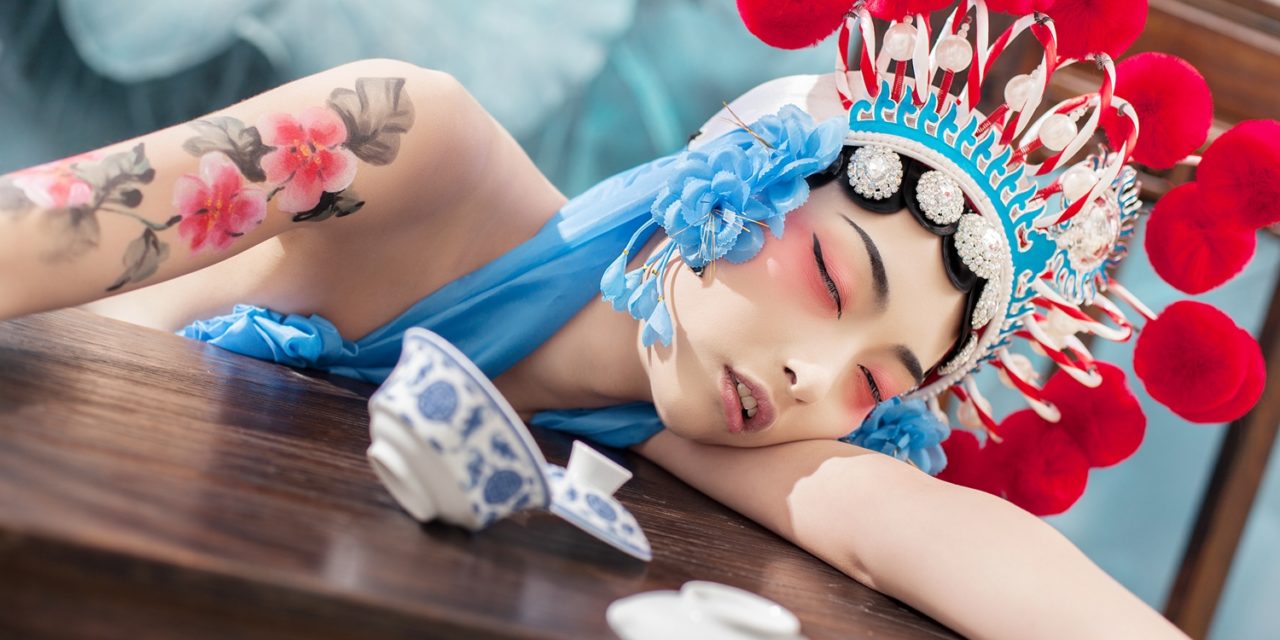

“Opera has a threshold for appreciation,” she says. Huang says Kunqu is facing an inevitable decline.
CHINESE OPERA FREE
“Some of them only came because they had free tickets, and one ticket was sold for just 10 yuan ,” she recalls.

At 18, Huang had spent nearly three quarters of her life perfecting a 600-year-old craft, only to play shows to as few as seven people.
CHINESE OPERA PROFESSIONAL
When they finally got to perform on a professional stage, Huang and her former classmates felt devastated by how few people were in the audience. Those who failed left the opera world entirely, disappearing back into normal life-finding jobs, starting businesses and families-as if the sacrifices of the last decade had never taken place. The competition was fierce, and only half of her class passed the 30-minute entrance exam.

But Huang stuck around, having imbibed “a sense of mission to promote opera,” she tells TWOC.Īfter her graduation in 2014, Huang was accepted into the Shanghai Kunqu Opera Troupe as an apprentice.

Around 20 students left the program after the first year, unable to stand the rigorous training schedule. The school accepted just 60 trainees out of more than 20,000 applicants, but Huang made the cut. In 2003, Huang, then 11 years old, was nominated by her teachers to attend a 10-year, government-sponsored program at a prestigious Shanghai training school for future performers of Kunqu, a local opera style. When she failed to get into the dance class, she says, a tearful Huang was approached by a Peking opera teacher and “tricked” into taking her class on the basis that it would be no different from singing and dancing. At 5 years old, her family sent her to a performing arts school in her hometown of Guiyang, the capital of southwestern China’s Guizhou province, because she liked dancing. Huang did not choose opera for financial reasons: Instead, she became a performer almost by accident. Even today, kids who train for opera often come from families that lack money to spend on helping their children excel in China’s exam-focused public education system, or want their children to learn a trade to support themselves and their relatives. In ancient China, opera performers were also part of the lowest social castes, preventing some of them from marrying into other groups. In the past, the skills would often be passed down through the family. “The staff would forcibly turn off the electricity meter to make sure ,” Huang, formerly an actor with the Shanghai Kunqu Opera Troupe, tells TWOC.Īs a Chinese saying goes, “One minute on the stage takes 10 years of hard work off it.” Opera performers usually start training before puberty, so their bodies can better adapt to the basic positions and vocal exercises. After lunch, the students took singing lessons, with some practicing on their own in the evening before lights-out at 9:30 p.m. Then there was weapons training, or bazi gong (靶子功), in which Huang and other actors practiced mock-fights with wooden spears. After breakfast, there were 90 minutes of practicing “blanket kung fu,” a martial arts technique involving flopping backward on stage like a blanket, requiring the performer to practice standing on two tables-a move that, if performed incorrectly, can cause ankle injuries. The rest of the day would be just as grueling. Every day at 6:30 a.m., she would report to the rehearsal rooms at the Shanghai Theater and Drama College for 60 to 90 minutes of mandatory morning exercise that typically consisted of overextended, painful leg stretches. From the age of 12, Huang Yanan usually started her mornings in tears.


 0 kommentar(er)
0 kommentar(er)
